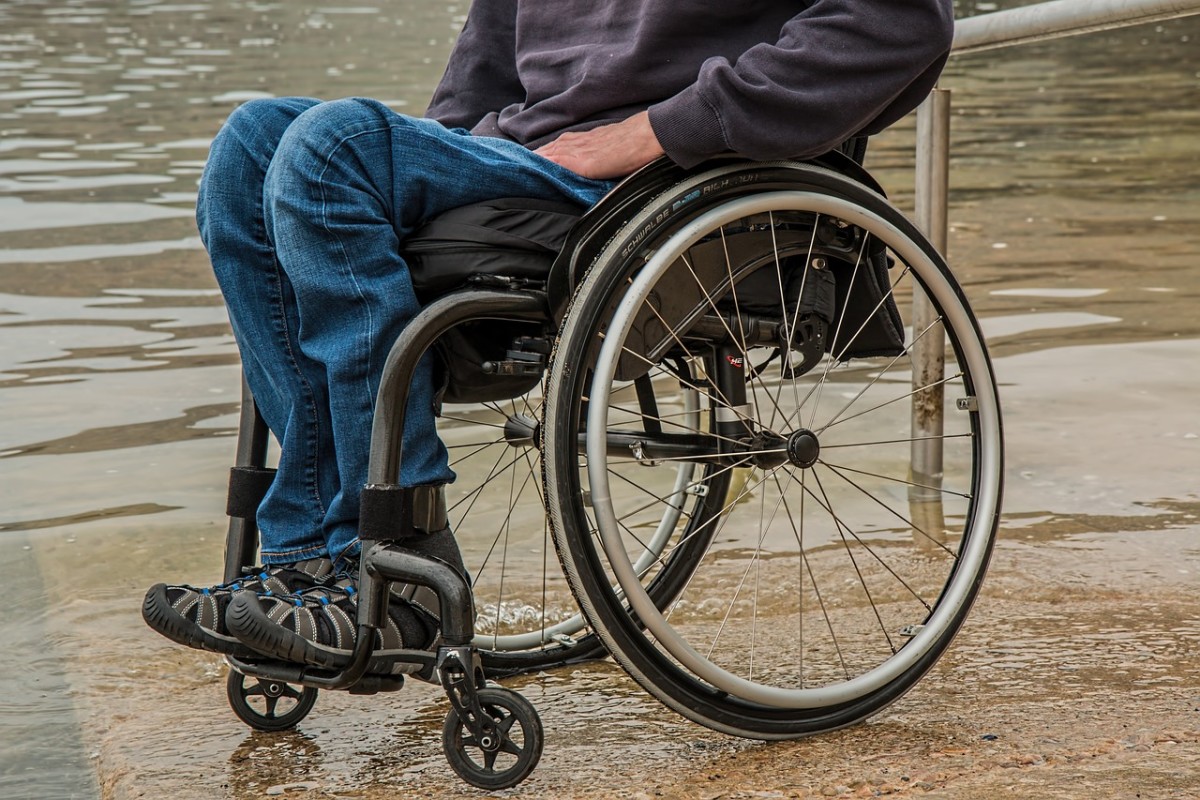Ampyra - Fda Approves New Multiple Sclerosis Treatment
Well, it’s official. The FDA has approved the first oral medication for people with MS. Ampyra, the drug formerly known as Fampridine SR, will reported be available by prescription in March of 2010. Acorda Therapeutics is the drug’s manufacturer and the drug will be available for all types of MS, not just relapsing/remitting as is often the case.
It certainly has been a long time coming, a decade give or take. For those of us who despise or are terrified by injections and needles, it is the approval we have longed for with every daily injection.
So it should be good news, and I should be leaping for joy, right? As is often the case with pharmaceuticals, there’s a catch . . .
Potential Side Effects Versus Benefits
Even though I would love to be the first in line to avail myself of the drug, even I must slow down and think it through because of the side effects and potential dangers of this new drug.
Here are the details as I understand them:
Ampyra is being marketed as an oral treatment to improve walking for people with MS. I’m good with that. I have trouble walking, if this drug really does increase my walking speed, that would terrific. BENEFIT
The dosage is 10mgs. Twice daily, 12 hours apart. Easy enough, again BENEFIT
“The FDA approved AMPYRA with a risk evaluation and mitigation strategy (REMS) program comprising a medication guide and communication plan. The goals of the communication plan are to inform patients about the serious risks, including seizures, associated with use of higher than recommended doses of AMPYRA therapy, and the change of the established name from fampridine to dalfampridine.” Nothing alarming in that information, since I don’t plan on taking higher than recommended dosages of the drug.
“AMPYRA can cause seizures; the risk of seizures increases with increasing AMPYRA doses. AMPYRA is contraindicated in patients with a prior history of seizure. Discontinue AMPYRA use if seizure occurs.” Here is that pesky warning again. Seems like everyone has the risks of seizures in that quote.
I'm so glad they advise to discontinue use if seizures occur, Uh . . . ya think?
“AMPYRA is contraindicated in patients with moderate to severe renal impairment (CrCl≤50 mL/min); the risk of seizures in patients with mild renal impairment (CrCl 51–80 mL/min) is unknown, but AMPYRA plasma levels in these patients may approach those seen at a dose of 15 mg twice daily, a dose that may be associated with an increased risk of seizures; estimated CrCl should be known before initiating treatment with AMPYRA.” I now need to add an alert about possible kidney/renal problems which means I need to make sure my kidneys are in good condition before beginning this drug.
What is renal impairment, and why is it important that those taking AMPYRA have normal renal function? “Renal” refers to the kidneys, which in essence clean the blood. If I have adequate kidney function, then Ampyra will be cleared from my blood to a sufficient degree between doses so as to maintain a steady drug level in the blood. But If I have moderate to severe kidney impairment, then there is a danger that the concentration of the drug will increase in my blood beyond the amount considered safe. The result could be increased side effects including seizures.
For the same reasons, Ampyra should not be taken in combination with other forms of 4-aminopyridine (4-AP, fampridine), since the active ingredient is the same. Not worried about this section since I don't take 4-AP in any form.
The explanation of renal impairment has supplied me with further proof that I need to talk to my doctor about my kidney test results.
Side Effects List Increases
“Urinary tract infections were reported more frequently as adverse reactions in patients receiving AMPYRA 10 mg twice daily compared to placebo”
The most common adverse events for AMPYRA in MS patients were urinary tract infection, insomnia, dizziness, headache, nausea, asthenia, back pain, balance disorder, multiple sclerosis relapse, paresthesia, nasopharyngitis, constipation, dyspepsia, and pharyngolaryngeal pain.”
Given the above list of side effects you can see why I am hesitating. Correct me if I am wrong, but aren’t those side effects what we already battle on a daily basis? Do I need to take a drug that will increase my lack of balance, or make me dizzier? Do I want a drug that can make me have a relapse?
In case you are not a walking medical encyclopedia, allow me to define some of the other listed side effects
- Asthenia: An abnormal loss of strength
- Paresthesia: Tingling, itching, burning skin (Sounds a lot like nerve pain to me. Which I already have in abundance)
- Nasopharyngitis: Usually known as the common cold
- pharyngolaryngeal pain: apparently pain of the pharynx, not quite sure what that entails. Doesn’t sound good though.
- Dyspepsia: Indigestion, heartburn or nausea
At this point and time, I am straining to understand the benefit of taking Ampyra. Seems like the treatment for MS is worse than staying where I am with the dreaded Copaxone injections.
While it is certainly true that MS affects an estimated 2.5 million people worldwide and that 64%-85% of people with MS have difficulty walking, and 70% of people with MS who have difficulty walking report it to be the most challenging aspect of their MS and statistically and I fall within the 50 percentile of people with MS for 15 years who does require assistance walking and, yes in later stages, I might comprise the up to a one third of that number who are unable to walk. I still have not decided if the risks outweigh the benefits.
The thought of walking longer and faster excites me, but how sick am I willing to be in order to walk faster and longer?
Also, it doesn’t appear that Amprya slows down MS progression in any way. It strictly treats a MS symptom.
Where I Stand?
It doesn’t appear that this is the oral drug I have been waiting for. I wanted a drug to replace the daily injection which this doesn’t appear to do.
Still it is a new drug, the first released since 2004. Perhaps the next oral drug will do more than help with a symptom.
My never ending quest for the right drug at the right time in the right form still continues, however for someone who has totally lost the ability to walk and who is progressively losing this ability, this drug is something worth investigating.
Presently, it seems Prozac is aiding me enough to satisfy me. If by chance my walking ability worsens, it is good to know there is a pill out there that just might help.
I will be waiting to hear about this drug's effectiveness when it becomes available in March.
Meanwhile this has been a glimpse into the scrutiny we people with MS must apply when deciding if a new drug will aid us in our daily struggle
What the MS Society Has to Say
The National MS Society has issued a release detailing this new drug.
The correct pronunciation is amPEERah, for example.
The phone line that individuals may call for information:
1-888-881-1918.
Until now there was no pharmacological treatment available for MS-related difficulty walking.
Results Vary
As with any drug, results will vary. For example, Richard Cohen had no success with Ampyra, according to his wife, Meredith Vieira, Today Show co-host. Others have shown dramatic improvement in a short period of time. Including walking after being confined to a wheelchair for years.
If you have an experience you would like to share, please feel free to leave a comment about whether Ampyra has worked for you.








